Charting the LifeCourse Framework operates under the core belief that “all people have the right to live, love, work, play, and pursue their life aspirations just as others do within their community.” Scroll over the boxes below to learn more about the foundations of the Charting the LifeCourse Framework.

Focusing on All People
All people, regardless of age, ability, or family role, are considered in our vision, values, policies, and practices for supporting individuals and families.
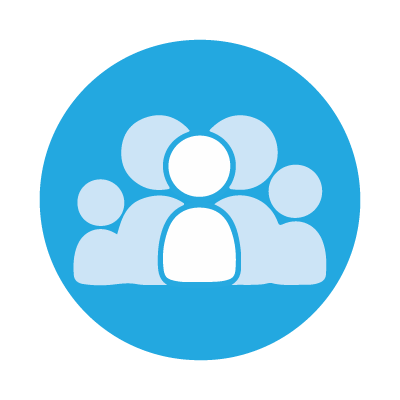
Individual in the Context of Family
People exist and have reciprocal roles within a family system, defined by that individual. The entire family, individually and as a whole, needs support to ensure they all are able to successfully live their good life.
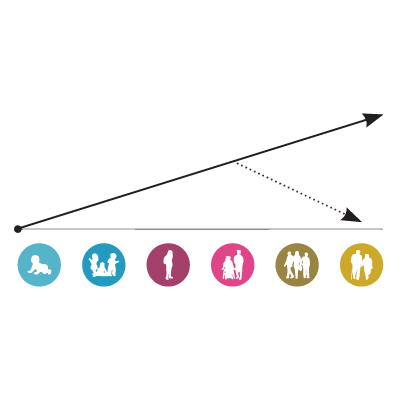
Life Trajectory and Stages
Individuals and families can focus on a specific life stage, with an awareness of how prior, current, and future life stages impact and influence their vision for a good life.
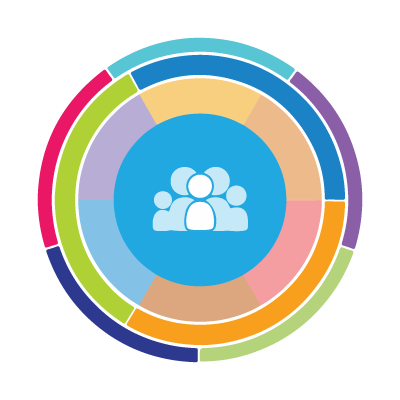
Life Trajectory and Stages
Individuals and families can focus on a specific life stage, with an awareness of how prior, current, and future life stages impact and influence their vision for a good life.
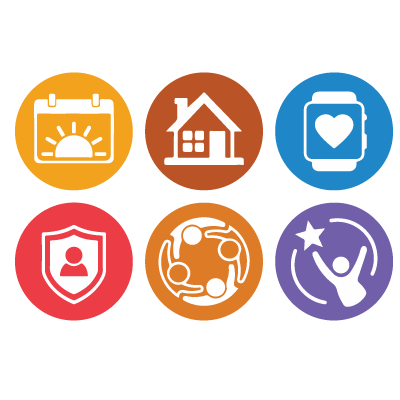
Life Domains
Life domains are the different aspects and experiences of life that we all consider as we age and grow. The life domains include Daily Life & Employment, Community Living, Safety & Security, Healthy Living, Social & Spiritual, and Advocacy & Engagement.

Three Buckets
The three strategies for supporting individuals and their families include Discovery and Navigation (ensuring you have the tools to navigate life), Connecting & Networking (to make connections with peers and resources), and Goods & Services (the day-to-day tangible items you buy or use in your community).

Integrated Services and Supports
Individuals and families access an array of integrated supports to achieve their vision of a good life. These include eligibility-specific services and supports, community supports, relationship-based supports, technology, and personal strengths and assets.
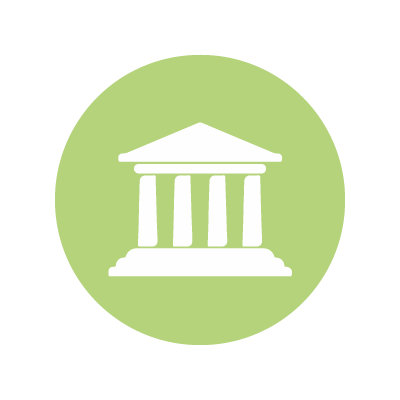
Transformational Policy and Systems Change
Individuals and families are truly involved in policy making so that they influence planning, policy, implementation, research, and revision of the practices that affect them.